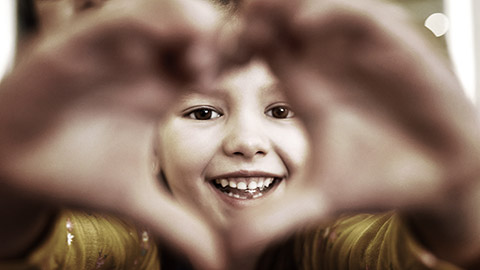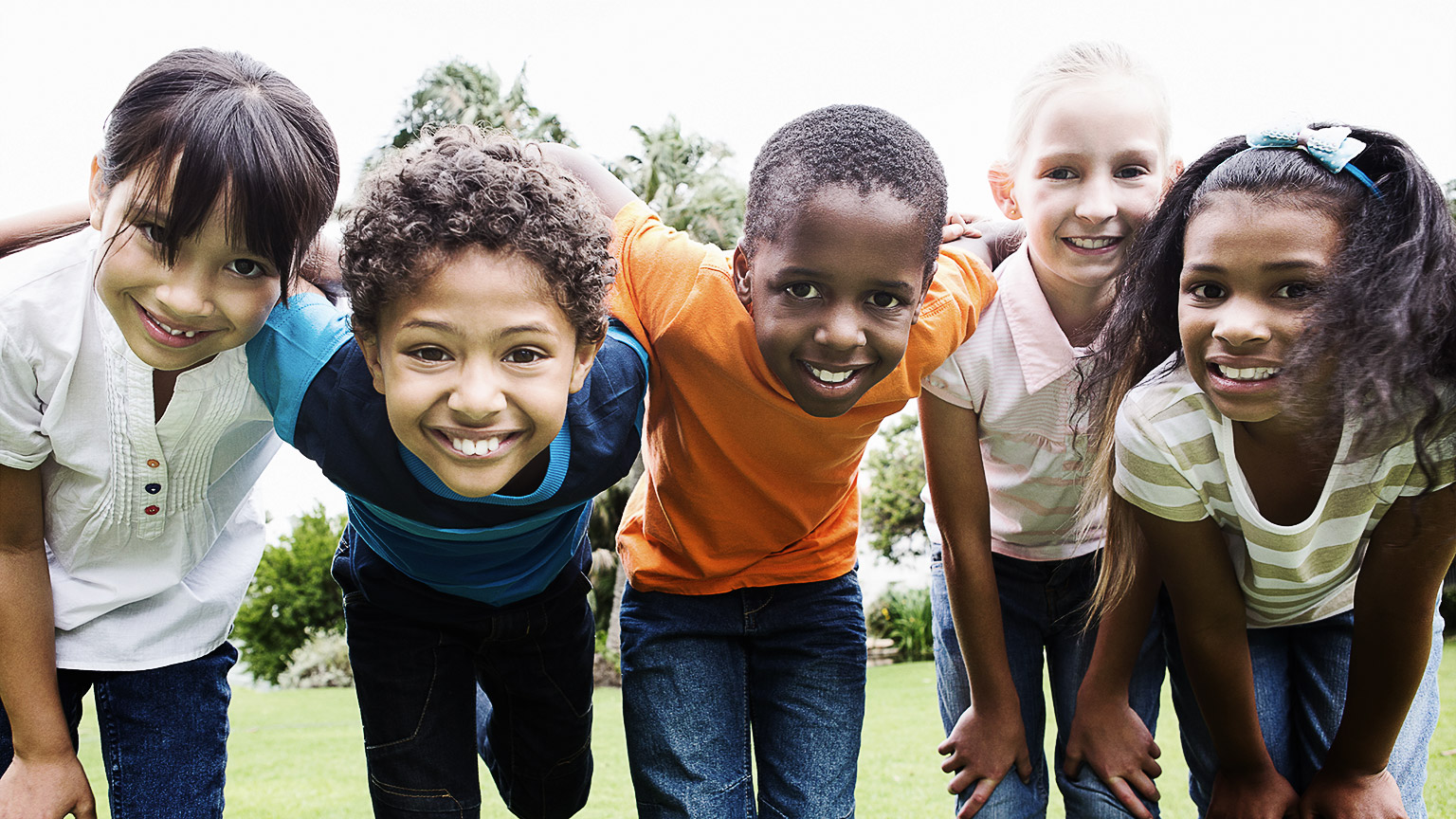Tena koe Hello Talofa Kamusta Malo’etau lava Ki Orana Nǐ hǎo Fakalofa Atu Namaste Bula Sata srī akāla
To learn how to answer in New Zealand sign language, watch this video!
Kia ora and welcome to the New Zealand Certificate in Early Childhood Education and Care, Level 4
Congratulations on making this important step for your future, and your own success in early childhood education. You have such an important role in shaping the young minds of our community. We look forward to helping you learn and grow into your new role successfully.
This programme is made up of four compulsory modules:
- The development and learning of infants, toddlers, and young children.
- Te Whāriki and its application in a range of ECE contexts.
- Strategies to keep children safe and promote holistic wellbeing.
- Learning experiences for children during practical experience in an early learning centre.
Practical experience
Hands-on activities you can do in the real world, such as working with children, is very important. If you are working in a childcare setting alongside your studies, you can do the activities in this programme at work with the tamariki in your care. We encourage you to discuss ideas and themes you learn here with your colleagues as well. If you are not currently working, see if you can find children in your family, or your family of friends that you can spend time with to practice for your potential new role as a kaitiaki. If that is not possible, consider using role-play activities with your partner, or close friend.
On completion of this programme, you will:
- understand and have to ability to apply key early childhood theories and approaches to guide the holistic development and learning of children in an early childhood setting.
- use knowledge of working with many cultures together, family diversity, and the bicultural nature of the New Zealand early childhood curriculum framework, Te Whāriki, to plan, implement, and review enriching and culturally sensitive learning experiences for infants, toddlers, and young children.
- guided by community and government services, legislation, and regulatory requirements, you will be able to contribute to a culturally inclusive early childhood environment to support the health, holistic wellbeing, and care of infants, toddlers, and young children.
- communicate effectively and engage in respectful, reciprocal, and responsive relationships within an early childhood education and care community.
- implement strategies to manage personal health, wellbeing, and professional development in an early childhood setting.
- implement bicultural ECE practices and promote awareness of Māori as tangata whenua, by using and normalising Te Reo Māori and Tikanga Māori with infants, toddlers, young children and families/whānau in early childhood settings.
- understand the diverse philosophical and cultural contexts and approaches informing early childhood education in Aotearoa New Zealand to develop a personal philosophy of practice.
As graduates, you will be able to work in a range of ECE settings as ECE educators (Kaitiaki), Kaimahi, ECE support workers, Pou Reo (language/cultural support workers), relievers, session leaders, and organisers in a specific ECE context, such as parent-led services or playgroups including Pasifika and Māori.
Graduates of this qualification may undertake further study towards the New Zealand Diploma in Early Childhood Education and Care (Level 5) or proceed to commence a Level 7 initial teacher education (ECE) qualification under specified criteria.
Teachers encourage minds to think – hands to create – and hearts to love.
Jean Piaget


